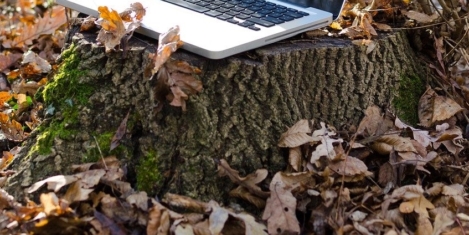To provide the best experiences, we use technologies like cookies to store and/or access device information. Consenting to these technologies will allow us to process data such as browsing behaviour or unique IDs on this site. Not consenting or withdrawing consent, may adversely affect certain features and functions.
The technical storage or access is strictly necessary for the legitimate purpose of enabling the use of a specific service explicitly requested by the subscriber or user, or for the sole purpose of carrying out the transmission of a communication over an electronic communications network.
The technical storage or access is necessary for the legitimate purpose of storing preferences that are not requested by the subscriber or user.
The technical storage or access that is used exclusively for statistical purposes.
The technical storage or access that is used exclusively for anonymous statistical purposes. Without a subpoena, voluntary compliance on the part of your Internet Service Provider, or additional records from a third party, information stored or retrieved for this purpose alone cannot usually be used to identify you.
The technical storage or access is required to create user profiles to send advertising, or to track the user on a website or across several websites for similar marketing purposes.
 Mergers & acquisitions should always lead to a cultural identity shift. This can range from a complete reinvention of identity and purpose to just a slight shift that includes the new partner: its history, narrative and critical traits. (more…)
Mergers & acquisitions should always lead to a cultural identity shift. This can range from a complete reinvention of identity and purpose to just a slight shift that includes the new partner: its history, narrative and critical traits. (more…)












 New research from
New research from 
 How supportive are you of your employees’ wellbeing? New research from
How supportive are you of your employees’ wellbeing? New research from 






 A gap exists between the way leaders and employees view progress toward equality in their organisations, according to new research from
A gap exists between the way leaders and employees view progress toward equality in their organisations, according to new research from 









March 26, 2020
Now is a great time to talk about staff absence in the NHS
by Ian Caminsky • Comment, Wellbeing